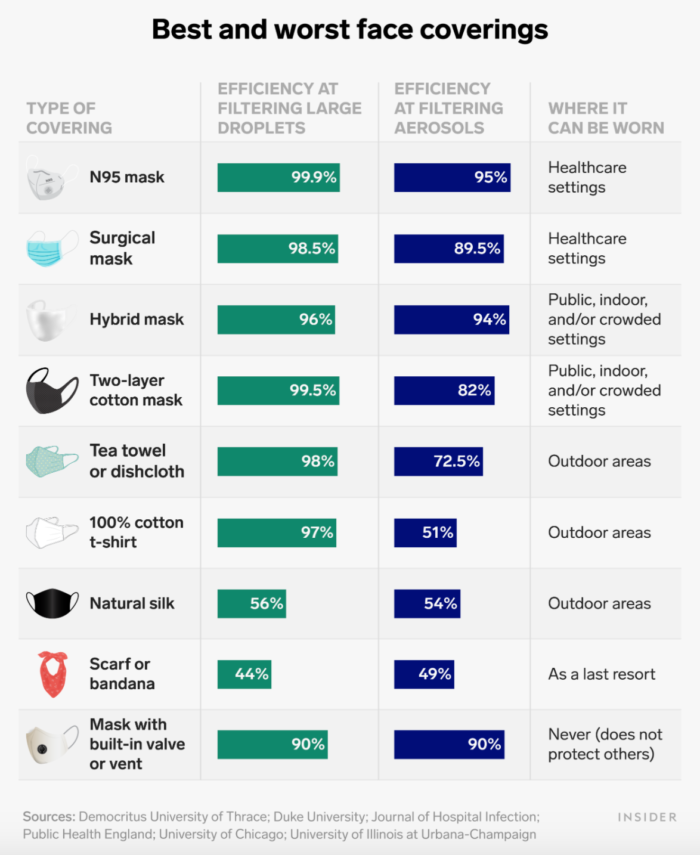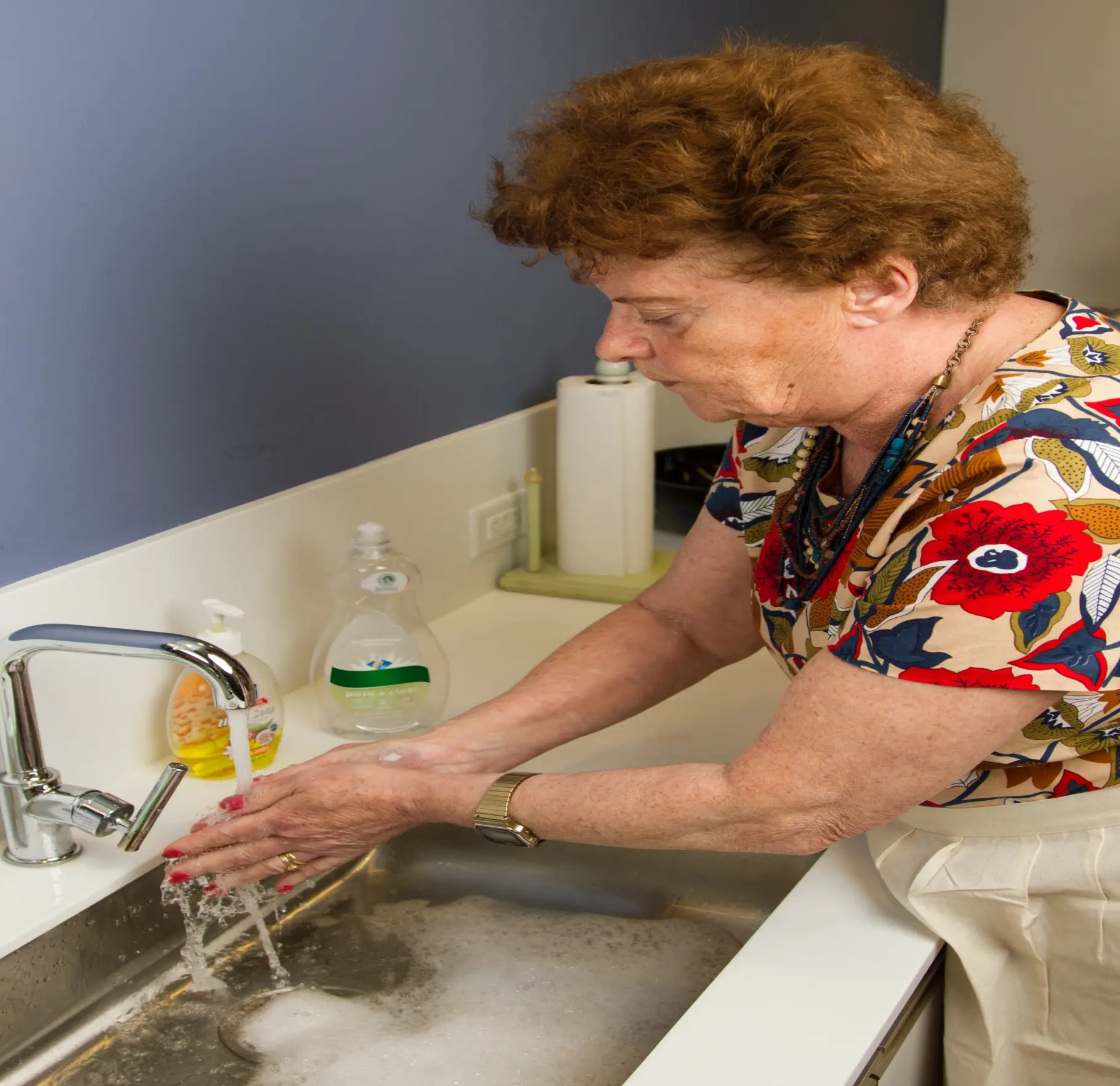Safety Tips for Seniors During COVID-19
COVID-19 cases on the rise again in the United States and the people at highest risk of COVID-19 are people aged 65 and older and people with underlying medical conditions. This could be a family member, a neighbor, a co-worker. We all know someone in this population.
And we know it’s been hard not to see friends and family and with the holiday season rapidly approaching, we may experience quarantine-fatigue, but it’s important to keep following protective measures public health officials outlined and state governments have implemented to protect society’s vulnerable communities.
The health and safety of our families are depending on us. So let’s go over safety tips for seniors during COVID-19.
Stay home
People who have an increased risk of COVID-19 should avoid in-person interactions as much as possible. People who have an increased likelihood of being an asymptomatic COVID-19 spreader, like grandchildren and young people, should avoid in-person contact with those who have a high risk.
Limiting get togethers and staying home are the best ways to stay safe and healthy. A few places that require extra caution include doctor’s appointments, pharmacy visits, grocery shopping, religious and familial gatherings.
Wear a mask
If you have to venture outside of the home, or invite someone outside of your household into your home, wearing masks is an effective way to protect yourself.
UCSF’s infectious disease specialist, Peter Chin-Wong says there are three W’s to ward off COVID-19: wearing a mask, washing your hands, and watching your distance, “but of the three, the most important thing is wearing a mask.”
COVID-19 is a respiratory virus and is spread through airborne viral droplets produced by talking, coughing, sneezing. Face masks that cover your mouth and nose have the greatest efficacy in acting as a barrier to virus-containing particles. Wearing masks prevent you from being a COVID-19 spreader and protects you from being infected.
Not all masks are created equally. See the chart below from Business Insider detailing the most and least effectual masks.
https://www.businessinsider.com/best-masks-for-coronavirus-chart-2020-9

Practice social distancing
Practicing social distancing limits opportunities of contact with infected people and reduces the spread of COVID-19. The CDC recommends maintaining a distance of six feet from others.
These social distancing guidelines pertain to inside and outside of your home with people outside of your household.
Clean!
COVID-19 is primarily transmitted through the air, but it can live and be spread through surfaces like common touch points in a house. Cleaning with disinfectant reduces the number of germs on the surface therefore minimizing the spread of germs via surfaces.
Make a habit of cleaning frequently touched surfaces like tables, doorknobs, light switches, countertops, phones, faucets.
Maintain good hand hygiene
Clean hands is a great step we can all take in avoiding getting sick ourselves and spreading germs.
Per the CDC, “germs get onto hands if people touch any object that has germs on it because someone coughed or sneezed on it or was touched by some other contaminated object. When these germs get onto hands and are not washed off, they can be passed from person to person and make people sick.”
The CDC recommends washing hands often with soap for at least 20 seconds. Check out a detailed guide of how to wash your hands, compiled by the CDC. If soap and water isn’t available, or you are out in public, use a hand sanitizer that’s at least 60 percent alcohol.
When leaving your home, make sure you carry hand sanitizer. It’s a strong preventative measure to take after touching common surfaces such as doors, grocery carts, really any surface in a public space. Then upon returning home, wash your hands with soap and hot water.
Stay active
The Harvard Medical School recommends seniors to stay active because exercise promotes good circulation and encourages the body to clear the airways. When the airways are clear, the probability of a virus sticking to the lung tissue is lowered. Moreover, exercise is also linked to depression and anxiety prevention which are draining to the immune system. Taking care of your body and mind are key to living a healthy lifestyle.
Going on a walk is a safe activity, just make sure you wear a mask!
Get tech savvy
The COVID-19 pandemic isn’t letting up anytime soon, but we miss our communities. Getting tech savvy can help you be there when you can’t be there. Technology like cell phones and webcams bring households together and visit from afar with loved ones. Fun activities to do apart via video call are cheese tasting, trivia night, charades, have dinner together, book clubs!
You can take advantage of telehealth options should you need to visit your doctor. At Senior LIFE, we offer telehealth options to members to help meet their healthcare needs while they remain at home. Senior LIFE is committed to continuing to provide individualized healthcare that keeps you at home and out of a nursing home.
The bottom line
These practices are designed to protect people from illness and we need to keep these practices up as long as we need to keep our communities safe.
If your family could use some support this winter, Senior LIFE is here for you.
The LIFE Program is a Medicare and Medicaid approved long-term care program that provides complete medical care and supportive services for persons 55 years and older so that they can remain living in their home. The LIFE Program is an alternative to nursing and personal care homes.
Senior LIFE is a Medicare Program of All-Inclusive Care for the Elderly (PACE) operating as a LIFE (Living Independence for the Elderly) program in the state of Pennsylvania.

